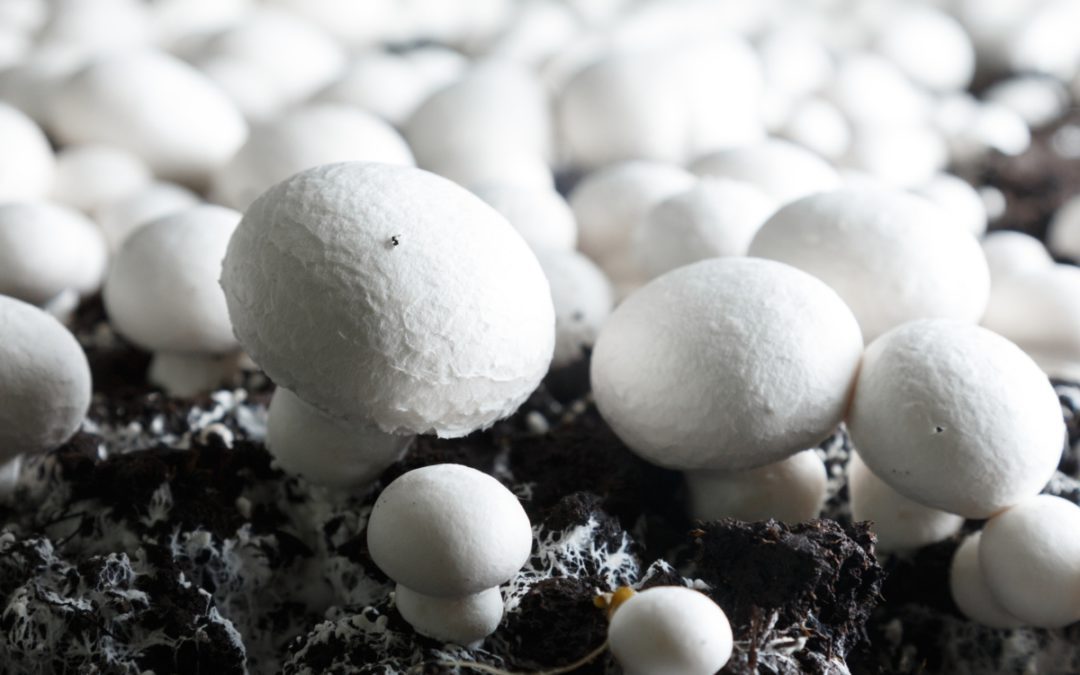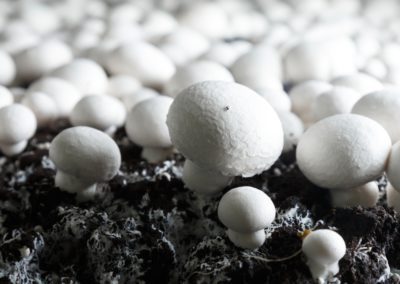This innovative farm aims to increase employment opportunities while utilising minimal land. Although similar farms are emerging in various states, this is a new concept for Karnataka. It resembles advanced farming techniques that are employed globally.
Composting involves soaking paddy or wheat straw in water, mixing it with cow, horse, or chicken dung, and processing it at varying temperatures. This process does not involve the use of any chemicals.
Before setting up this unit here, the process was observed in about twenty larger and smaller units in different parts of the country. However, the issue of a similar smell has not been reported elsewhere, and all composting units have been traditionally done in the open air. For the first time in the country, this type of machinery has been installed in the mushroom unit, and measures have been taken to ensure clean air is released. The organisation is ready to take appropriate action to avoid any further problems.
The unit operates on an area of about three acres and employs about 170 people, of whom 50 are locals. A system that can create many jobs in such a small space, is rare.
As an agricultural production unit, it is crucial to maintain a high level of cleanliness to prevent crop spoilage caused by bacteria or fungi. Therefore, people must be restricted from roaming freely.
Independent government agencies like Air Pollution Control Board and NABL Experiment School conduct tests daily and document this. These documents are given to a committee of experts appointed under the chairmanship of the Commissioner of Municipal Corporation of Mangalore. The expert committee will review everything and report to the Deputy Commissioner.
At White Grove Agri LLP, we strive to foster an interest in agriculture among young people by utilising high-tech methods to cultivate mushrooms in a way that doesn’t cause any inconvenience to the public. We aim to create numerous job opportunities and invite students from schools and colleges to visit our facilities and learn about this advanced form of agriculture.
China currently produces 75% of the world’s mushrooms and exports them worldwide, while India’s output is only 2%. The Indian government established the National Mushroom Research Institute in Solan, Himachal Pradesh, but progress has been slow. It is important for both the public and the government to support high-tech agriculture and horticulture organisations, particularly those that practice organic farming without using chemicals. Such practices deserve more encouragement from all stakeholders.
– Managing Director


